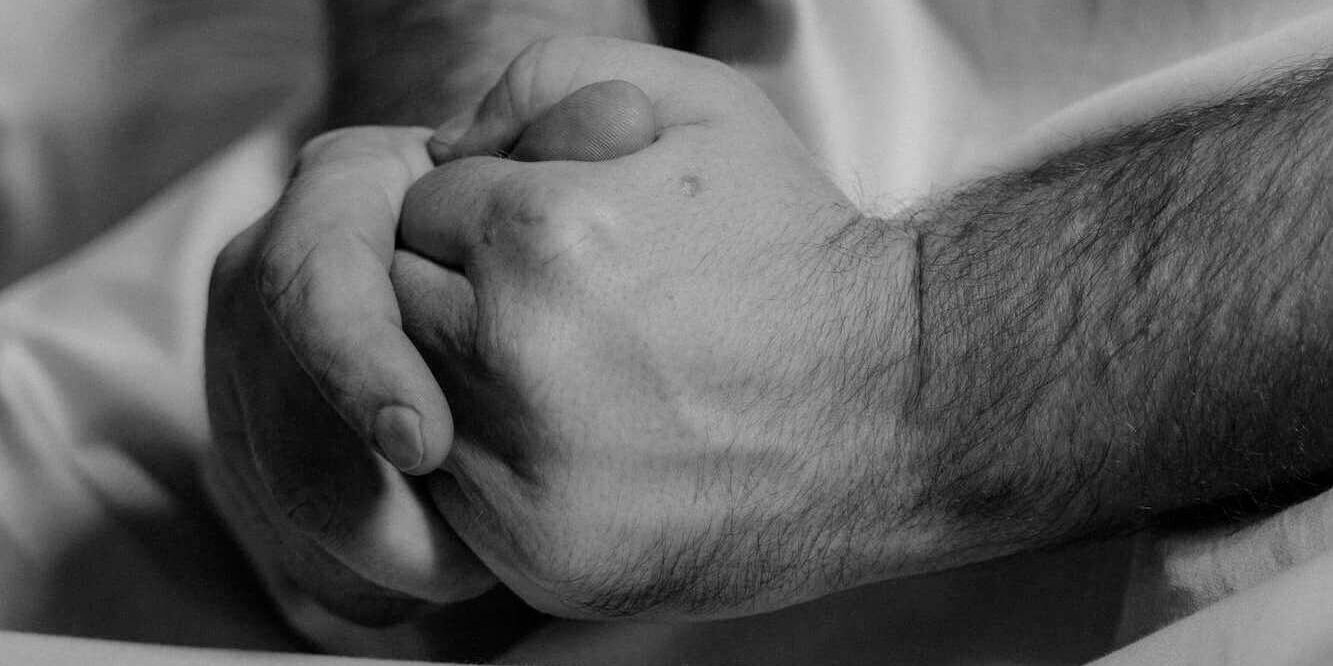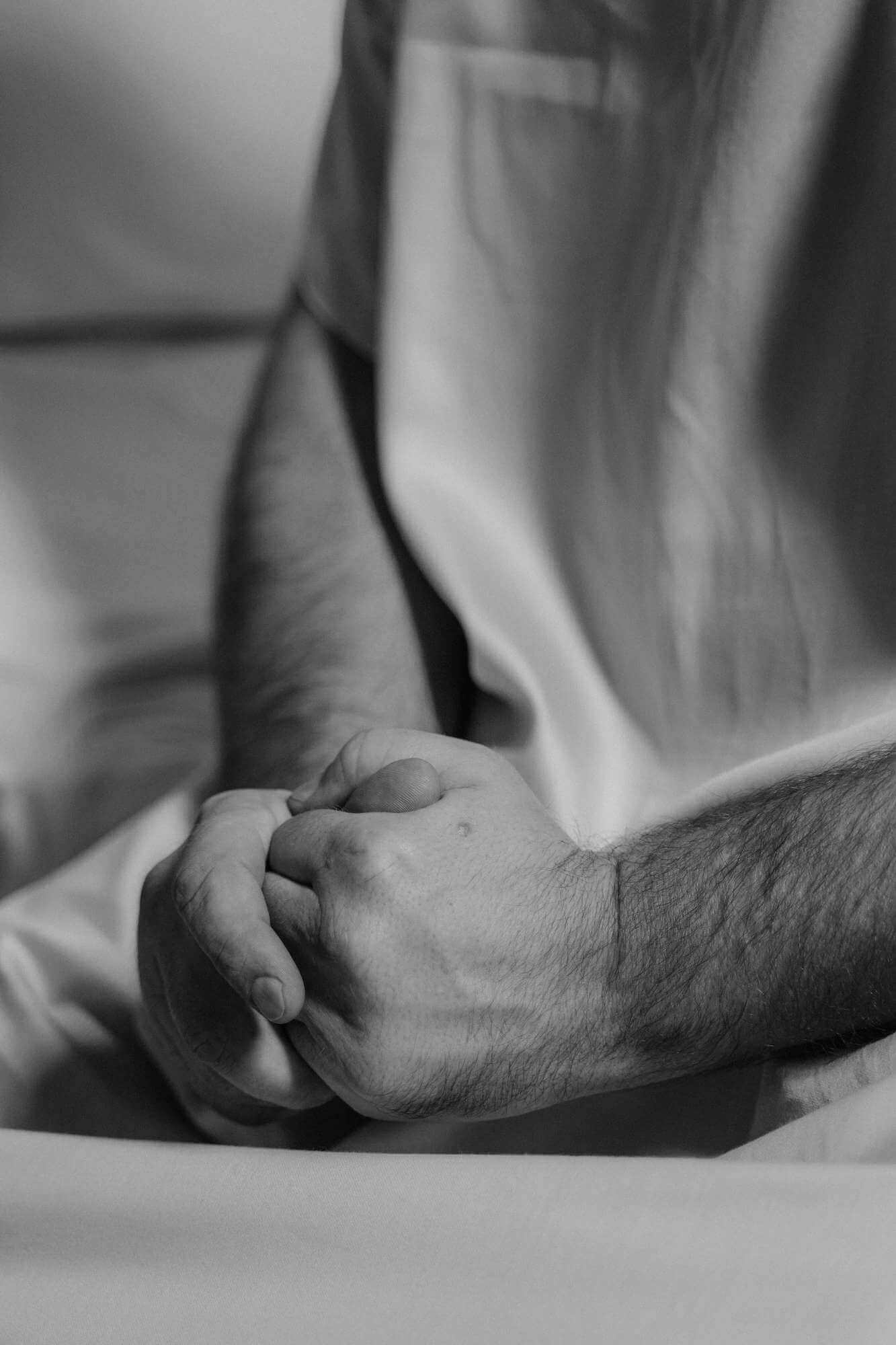
In Parkinson’s disease, changes occur in the nervous system. Nerve cells that produce the important neurotransmitter dopamine die prematurely. Parkinson’s symptoms develop. The core symptom is the slowing down of movement and the reduction of movements (akinesia).
To date, there is no explanation for why the nerve cells simply die. Although rare hereditary variants of the disease have been discovered, Parkinson’s disease is not a hereditary disease in the classical sense.
Relief instead of intoxication: The psychoactive ingredient in cannabis can help Parkinson’s patients, as a pilot study now suggests. According to the study, the cannabinoid THC alleviates many non-motor Parkinson’s symptoms such as anxiety or sleep disorders. Motor disorders also improved slightly.
Shaky hands, stiff muscles and slowed movements: These are the typical symptoms of Parkinson’s – now the second most common neurodegenerative disease after Alzheimer’s. In addition to these motor disorders, however, Parkinson’s patients also suffer from neurological symptoms.
But whether and how well THC works against these symptoms had hardly been studied so far. That’s why researchers have now conducted the first randomized double-blind study on the subject. For this purpose, 38 women and men with Parkinson’s disease initially received nabilone, a synthetic THC preparation, daily for about five weeks. This is already approved as a drug for the treatment of nausea in cancer therapy. Then half of the participants continued to receive nabilone, while the other half took a placebo.
The results showed that even during the first phase of the study, the participants’ non- motor disorders improved significantly. They suffered less from sleep disturbances and anxiety and scored significantly better on standardized Parkinson’s disease rating scales than they did at the start of the study. “Our results show an improvement in overall NMS distress with nabilone,” the team reports. And there was also a slight improvement in motor dysfunction.
These positive effects were confirmed in the second part of the study: participants who continued to receive the cannabinoid still fared better. Those who received only a placebo, on the other hand, deteriorated significantly. The evaluation also showed that the cannabinoid had positive effects even at a relatively low dose of one milligram per day. This kept side effects such as mild dizziness or fatigue within limits.
In Parkinson’s disease, changes occur in the nervous system. Nerve cells that produce the important neurotransmitter dopamine die prematurely. Parkinson’s symptoms develop. The core symptom is the slowing down of movement and the reduction of movements (akinesia).
To date, there is no explanation for why the nerve cells simply die. Although rare hereditary variants of the disease have been discovered, Parkinson’s disease is not a hereditary disease in the classical sense.
Relief instead of intoxication: The psychoactive ingredient in cannabis can help Parkinson’s patients, as a pilot study now suggests. According to the study, the cannabinoid THC alleviates many non-motor Parkinson’s symptoms such as anxiety or sleep disorders. Motor disorders also improved slightly.
Shaky hands, stiff muscles and slowed movements: These are the typical symptoms of Parkinson’s – now the second most common neurodegenerative disease after Alzheimer’s. In addition to these motor disorders, however, Parkinson’s patients also suffer from neurological symptoms.
But whether and how well THC works against these symptoms had hardly been studied so far. That’s why researchers have now conducted the first randomized double-blind study on the subject. For this purpose, 38 women and men with Parkinson’s disease initially received nabilone, a synthetic THC preparation, daily for about five weeks. This is already approved as a drug for the treatment of nausea in cancer therapy. Then half of the participants continued to receive nabilone, while the other half took a placebo.
The results showed that even during the first phase of the study, the participants’ non- motor disorders improved significantly. They suffered less from sleep disturbances and anxiety and scored significantly better on standardized Parkinson’s disease rating scales than they did at the start of the study. “Our results show an improvement in overall NMS distress with nabilone,” the team reports. And there was also a slight improvement in motor dysfunction.
These positive effects were confirmed in the second part of the study: participants who continued to receive the cannabinoid still fared better. Those who received only a placebo, on the other hand, deteriorated significantly. The evaluation also showed that the cannabinoid had positive effects even at a relatively low dose of one milligram per day. This kept side effects such as mild dizziness or fatigue within limits.

Improvement of motor disorders
Relaxation of the entire endogenous system leads to a calming effect in the patient and a normalization of the condition.
General relief
The patient reduces not only motor problems, but at the same time stress, anxiety and stiffness.
Copyright ©2023 Alphaplant Pharmaceutical (PTY) Ltd. All Rights Reserved. Regulated and monitored by the South African Health Products Regulatory Authority (SAHPRA) with license number: 0000000041MC Ð v2. For any questions please contact info@alphaplant-pharma.com